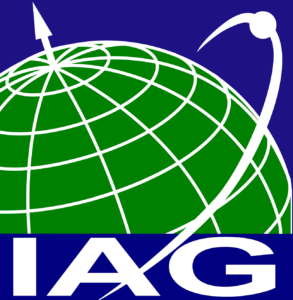Postdoctoral Position (m/f/x) in Astrophysics (VLBI)
Website Max Planck Institute for Radio Astronomy (MPIfR)
The Max Planck Institute for Radio Astronomy (MPIfR) – the leading radio astronomical institute in Germany – is recruiting a postdoctoral researcher in Observational Astrophysics to join the project MuSES (Multi-messenger Studies of Extragalactic Super-colliders) led by Prof. Yuri Kovalev (ERC grant No 101142396).
The project will study the physical processes near supermassive black holes that are responsible for launching and propagating relativistic jets in active galactic nuclei (AGN). Project objectives: 1) observational studies of AGN jet geometry, collimation and acceleration; 2) probing the physical mechanism of neutrino production on the basis of multi-messenger blazar data.
The prime goal is to use VLBI observations together with other electromagnetic and neutrino data to understand particle acceleration and neutrino production in blazars.
We seek a researcher whose scientific interests align with one or more of the project objectives. Experience in any of the following areas is desirable but not strictly required: radio interferometry techniques and VLBI, modern methods of electromagnetic or multi-messenger statistical data analysis, AGN jet simulations.
The successful candidate will have the opportunity to join the KM3NeT neutrino collaboration as a full member, actively contribute to multi-messenger data analysis, supervise PhD students, and acquire teaching experience through the International Max Planck Research School (IMPRS).
To apply for this job please visit jobs.b-ite.com.



